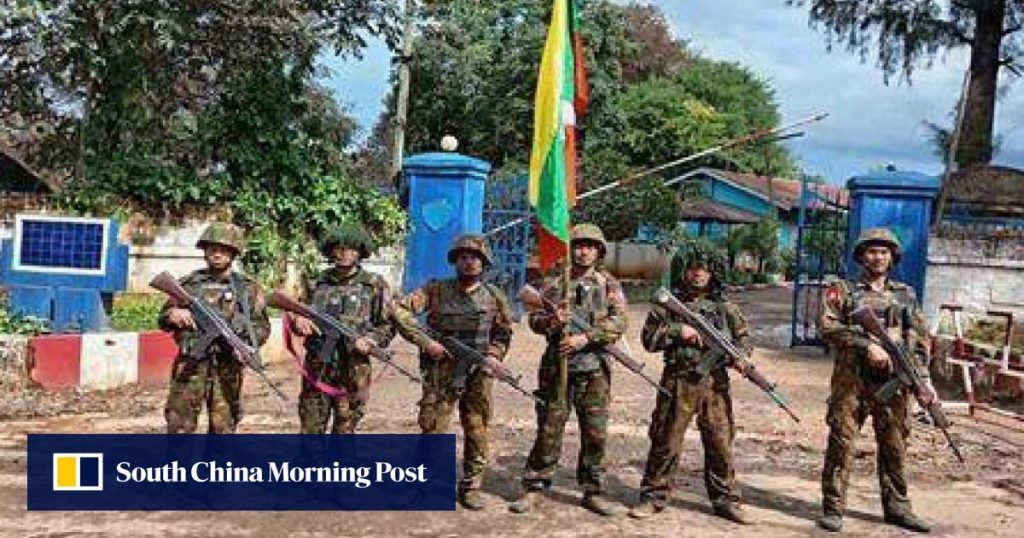As the 47th Asean summit came to a close this week, questions remained over the bloc’s handling of the Myanmar crisis and whether it had done enough to bring peace to the war-torn country.
The three-day summit saw the 11-member Association of Southeast Asian Nations discuss various issues, including the ongoing clashes between Myanmar’s junta and opposition forces. Several members also signed trade deals with the United States.
“Myanmar was lower on the agenda at the summit compared with other pressing regional economic and strategic issues, such as trade, security cooperation and managing US-China competition,” Vu Lam, a policy analyst and Asean observer, told This Week in Asia.
“Consequently, the political will and capital to address the Myanmar issue were understandably inadequate.”
In a statement issued by the bloc, the region’s foreign ministers upheld the previously agreed five-point consensus as its “main reference for addressing the political crisis in Myanmar” and urged “its full implementation to help the people of Myanmar achieve an inclusive and durable peaceful resolution”.
It called for “all parties and stakeholders … to de-escalate violence and stop targeted attacks against civilians and civilian infrastructure and enhance trust-building efforts”, alongside the full implementation of an expanded ceasefire as reaffirmed by an earlier statement put out by the bloc in May.


